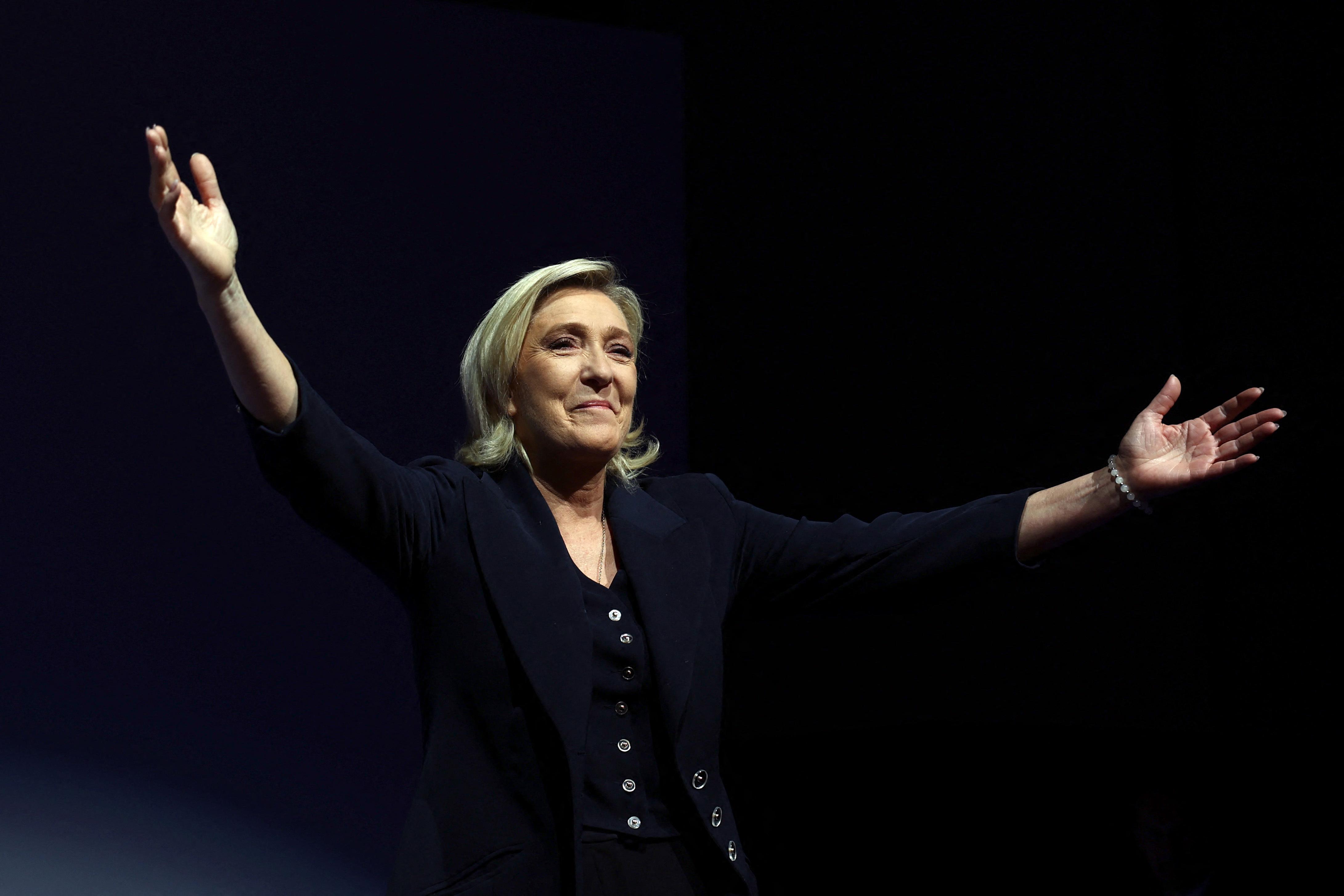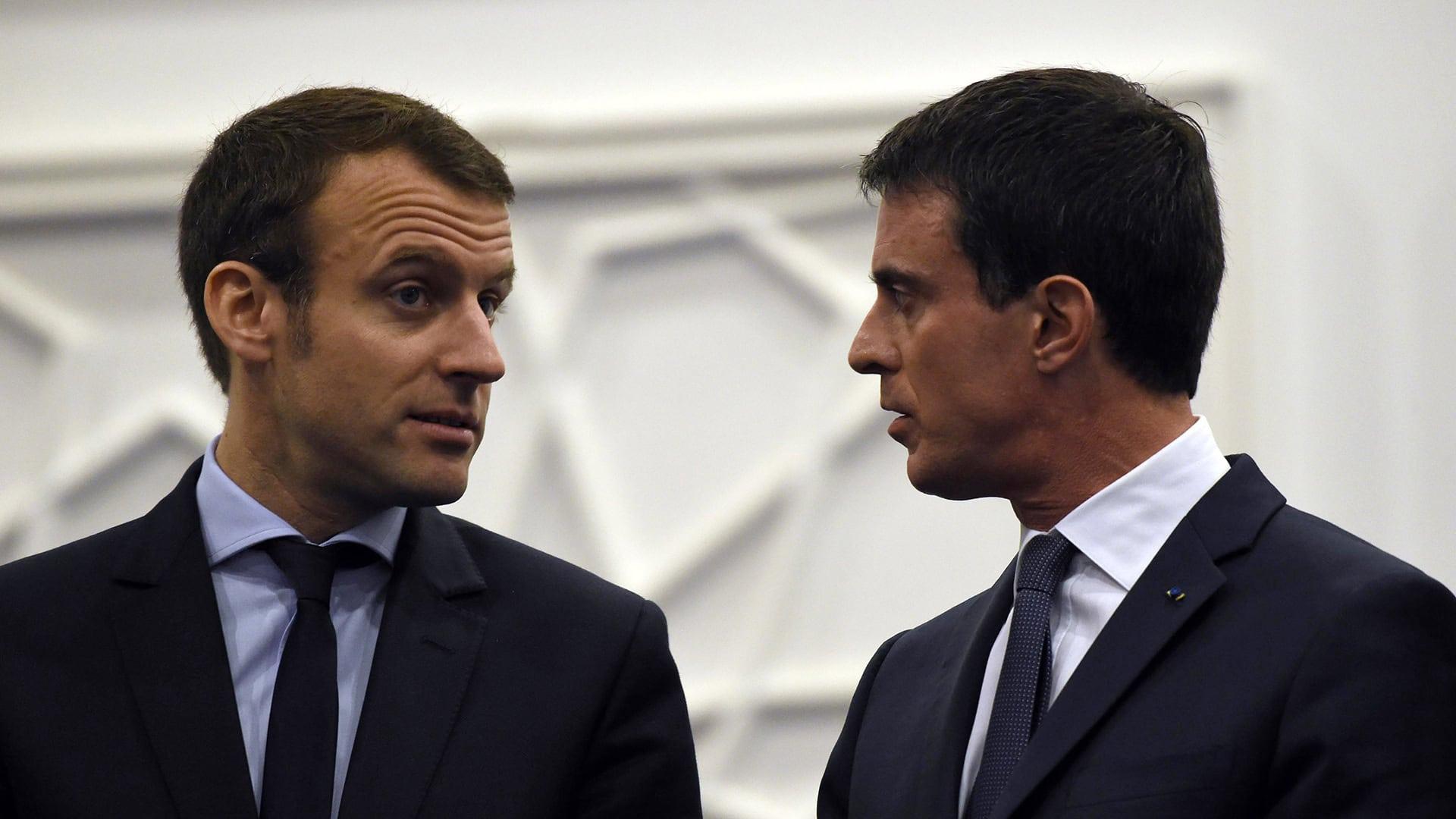French election shift: A challenge to Macron's foreign policy? Paris's distraction from South Caucasus may sober Armenia
France witnessed the first round of snap elections to the National Assembly on June 30, revealing the extreme right-wing Rassemblement National (RN) leading with just over 33% of the votes. However, with only 74 MPs elected in the first round (including RN leader Marine Le Pen), most constituencies will see a runoff due to the majoritarian electoral system in France, not party lists. The leftist coalition "New Popular Front" secured second place with 28% of the vote, while Macron's centrist supporters in the "Together" coalition trailed with 22%. The second round of elections is scheduled for July 7, as centrists and leftists withdraw candidates in third place to prevent vote splitting in favour of the extreme right, prompted by RN's success.

As widely known, Macron's decision to dissolve parliament and call snap elections aimed to rally centrist and left-wing forces against the extreme right, following the RN's strong showing in the European Parliament elections in early June. However, some experts speculate on a more strategic motive behind Macron's move, suggesting a secondary goal that could also serve his interests. They propose that if the RN achieves significant success, Macron might task its leader, Jordan Bardella, to form a government (in case of an absolute majority, Bardella would automatically become prime minister), while deliberately creating challenging conditions to hinder the implementation of their agenda. This strategy, they argue, aims to undermine and discredit the right-wing bloc ahead of the next presidential election in 2027.
Supporting such an alternative strategy, historical statistics reveal that no prime minister on the brink of a presidential election has ever secured victory in the history of the Fifth Republic. The outcome on July 7 will clarify whether the RN's lead in the first round will further mobilize Macron's base and the left to unite in the second round.
Macron and Prime Minister Attal have actively engaged in campaigning for their coalition amidst the election fervour. Macron's campaign has emphasized issues like Ukraine, but it has underscored broader concerns among the French electorate, including declining living standards, increasing social unrest, unclear immigration policies, ineffective foreign strategies, and the perceived drawbacks of globalization and European integration, particularly affecting residents of small towns, villages, and farmers.

Rassemblement Nationale enjoys support across various segments of the French population, including provinces, wealthier citizens, and pensioners. However, regardless of who controls the French parliament's lower house, Azerbaijan expects little change in France's stance on the Armenian-Azerbaijani conflict. All political factions, whether left-wing, right-wing, or centrist, show consistent sympathy towards Armenia. Moreover, with Macron, known for his critical stance on Türkiye and Islam, remaining in office for another three years, this sentiment is unlikely to shift.
The positive aspect for Azerbaijan is the anticipation of continued political turbulence in France until the 2027 presidential elections. Bardella's declared intent to challenge Macron on foreign policy issues, potentially involving disputes over EU contributions, European Commission appointments, and defence unity, further underscores this forecast. Such distractions are likely to reduce France's engagement in the South Caucasus, potentially encouraging Armenia to expedite efforts towards regional peace and stability.
Azerbaijan's security policy is built on a comprehensive approach involving diplomacy and military measures. With France possibly sidelined from South Caucasus affairs amidst internal political challenges, there could be a pragmatic impact on Armenia's actions, potentially hastening progress towards regional stability.








